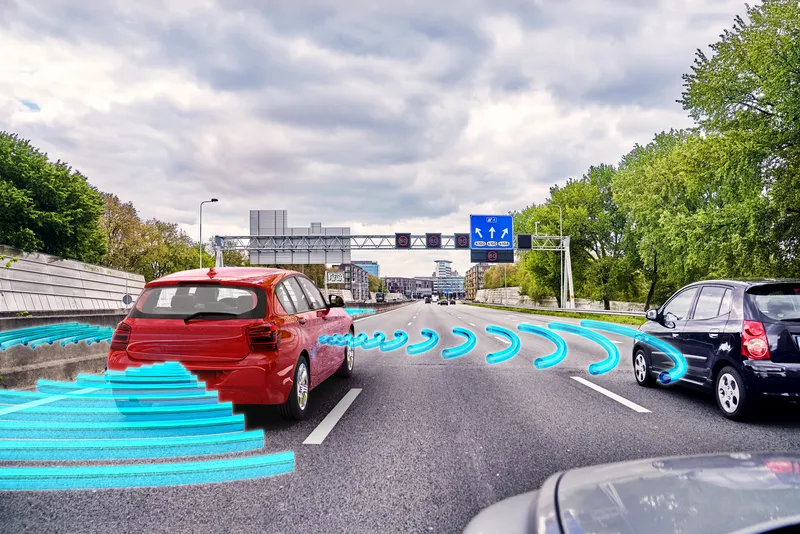The U.S. Department of Transportation (USDOT) has released Transforming Transportation through Connectivity: ITS Strategic Research Plan, 2010–2014 (Progress Update, 2012). This report is an update to the 2010 ITS Strategic Research Plan, which established a research agenda to prepare the next generation of intelligent transportation system (ITS) technologies for widespread deployment throughout the nation. Research and development efforts have advanced notably over the last two and a half years in areas s
October 17, 2012
Read time: 2 mins
The U.S. Department of Transportation (USDOT) has released Transforming Transportation through Connectivity: ITS Strategic Research Plan, 2010–2014 (Progress Update, 2012).
This report is an update to the 2010 ITS Strategic Research Plan, which established a research agenda to prepare the next generation of intelligent transportation system (ITS) technologies for widespread deployment throughout the nation. Research and development efforts have advanced notably over the last two and a half years in areas such as connected vehicle research; short-term intermodal research; ITS exploratory research; and ITS cross-cutting support. Documenting this halfway point offers an important resource for broad stakeholder review of program results and research progress.
This report describes the status of the research for achieving a connected vehicle environment; delivering the next generation of ITS technologies to the marketplace; and advancing transportation safety, mobility, and environmental performance. The report covers each research program funded by the Intelligent Transportation Systems Joint Program Office (781 ITS JPO). For each program, the report includes an updated research plan in addition to Snapshots of Progress—descriptions of the research results, critical research insights and lessons learned, and next steps.
An important change to the original report is the inclusion of the Connected Vehicle Safety Pilot Program, a new initiative focused on demonstrating the safety benefits of prototype vehicle-to-vehicle applications and technologies. Other highlights include: a more detailed Policy research section; the introduction of dynamic mobility applications, connected vehicle road weather applications, and transformative environment concepts; a revision to the systems engineering section to introduce the concept of a core system; details on research for producing human factors guidelines; new efforts for international harmonisation; and a comprehensive outreach to media that has produced a list of prominent news stories to create public awareness about connected vehicle research.
This report is an update to the 2010 ITS Strategic Research Plan, which established a research agenda to prepare the next generation of intelligent transportation system (ITS) technologies for widespread deployment throughout the nation. Research and development efforts have advanced notably over the last two and a half years in areas such as connected vehicle research; short-term intermodal research; ITS exploratory research; and ITS cross-cutting support. Documenting this halfway point offers an important resource for broad stakeholder review of program results and research progress.
This report describes the status of the research for achieving a connected vehicle environment; delivering the next generation of ITS technologies to the marketplace; and advancing transportation safety, mobility, and environmental performance. The report covers each research program funded by the Intelligent Transportation Systems Joint Program Office (
An important change to the original report is the inclusion of the Connected Vehicle Safety Pilot Program, a new initiative focused on demonstrating the safety benefits of prototype vehicle-to-vehicle applications and technologies. Other highlights include: a more detailed Policy research section; the introduction of dynamic mobility applications, connected vehicle road weather applications, and transformative environment concepts; a revision to the systems engineering section to introduce the concept of a core system; details on research for producing human factors guidelines; new efforts for international harmonisation; and a comprehensive outreach to media that has produced a list of prominent news stories to create public awareness about connected vehicle research.









